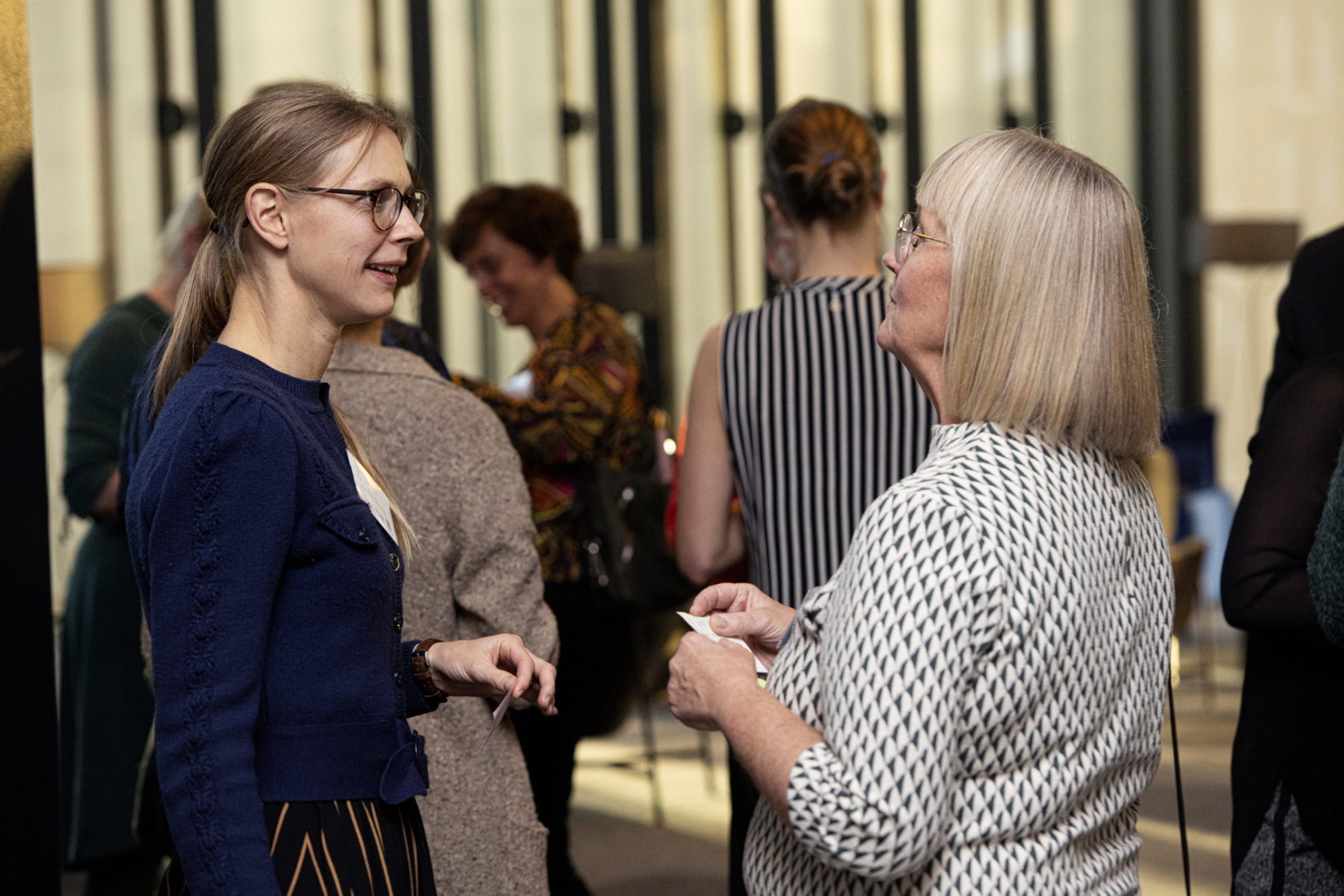Ilze Neimane, a Latvian expert participant who attended the programme’s meeting in Stockholm in November, says it is crucial to raise the awareness of the potential risks with PFAS.
Before applying to the Baltic Leadership Programme on PFAS, Ilze Neimane who works for Latvian NGO Ecodesign Competence Center, had not paid too much attention to this group of highly toxic substances. This programme was a wake-up call.
– We are at a point where we are just starting to understand how serious this is. I have a feeling that we let the genie out of the bottle and that we do not know exactly how to get it back in.
PFAS (per- and polyfluoroalkyl substances) are highly persistent substances and threaten our ecosystem. Nevertheless, the chemicals are used in many products, such as firefighting foams, pizza boxes, impregnating agents and ski waxes.
The participants of the Baltic Leadership Programme on PFAS will elaborate on a transnational approach for phasing out PFAS in the Baltic Sea region. One possible action is to call for a ban on PFAS, explains Piia Leskinen from Turku University of Applied Sciences in Finland.
– We have discussed this over and over, and in my opinion PFAS substances should be banned. Otherwise we end up in a circle of new problems with new substitutes, says Piia Leskinen.
The programme on PFAS is designed for public professionals and experts working with environment protection, hazardous substances and water issues in the Baltic Sea region. 20 persons from all eight EU countries in the Baltic Sea region participate in the programme, which will end in 2020. Maxi Nachtigall, from the Swedish Environmental Protection Agency, is coordinating the policy area “Hazards” of the EU Strategy for the Baltic Sea Region:
– So far, we have learned that there are huge differences between the countries about the awareness of PFAS and that we need to get everyone on a similar level. We all have different prerequisites to get there, based on the countries and the legislation that is already there or not there.
– The vision is to have a road map and a harmonized approach on how to reduce emissions of PFAS in the Baltic Sea region. The Baltic Leadership Programme will help to elaborate actions to do that.
Swedish Institute in the Baltic Sea region
Swedish Institute seeks to strengthen Sweden’s relations and develop cooperation with the countries around the Baltic Sea and the countries of the Eastern Partnership.
Baltic Leadership Programmes are tailor-made training programmes designed to promote the implementation of the EU Strategy for the Baltic Sea Region through establishing professional networks and strengthening capacities related to specific topics. The Baltic Leadership Programme on PFAS is commissioned by the Swedish Institute in close cooperation with the Swedish Environmental Protection Agency in its capacity as coordinator of the policy area “Hazards” of the EU Strategy for the Baltic Sea Region.
Read more about the activities of the Swedish Institute in the Baltic Sea region.
Read more about Baltic Leadership Programme on PFAS
